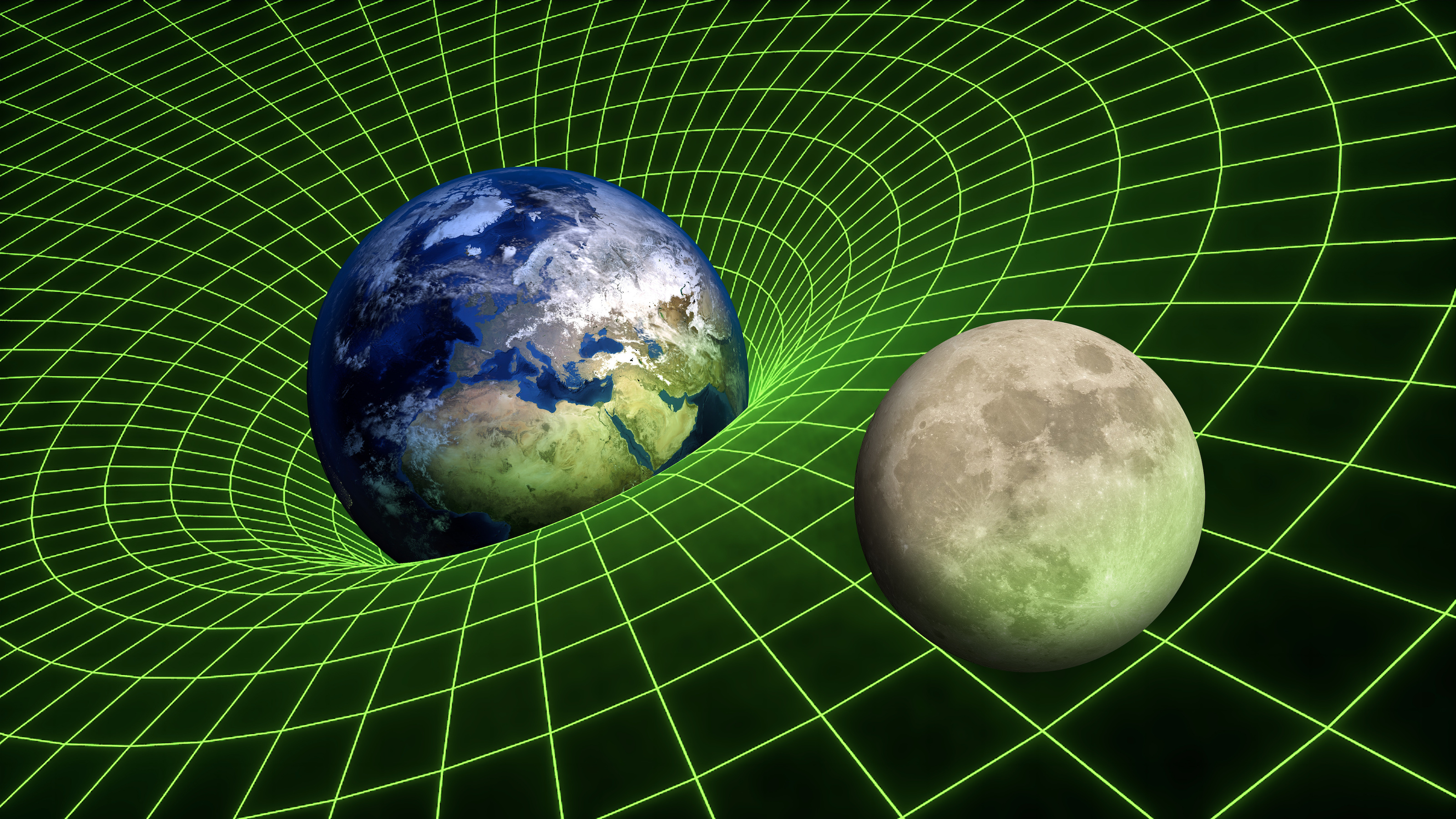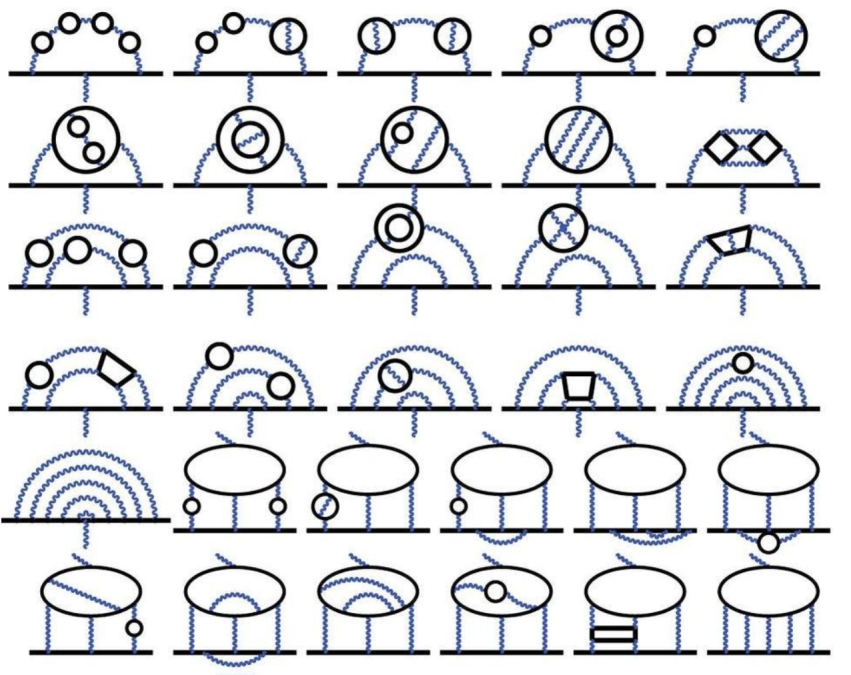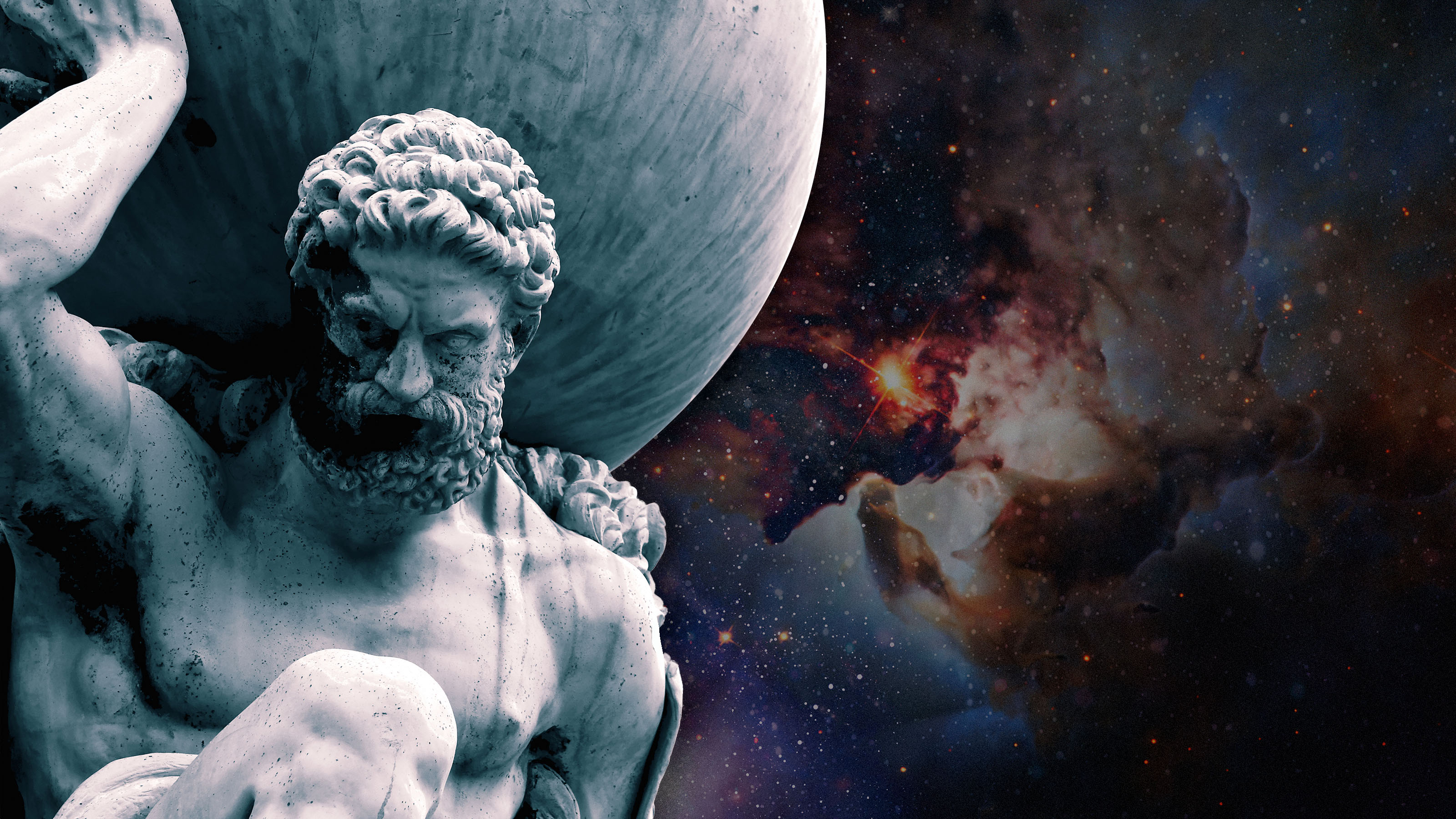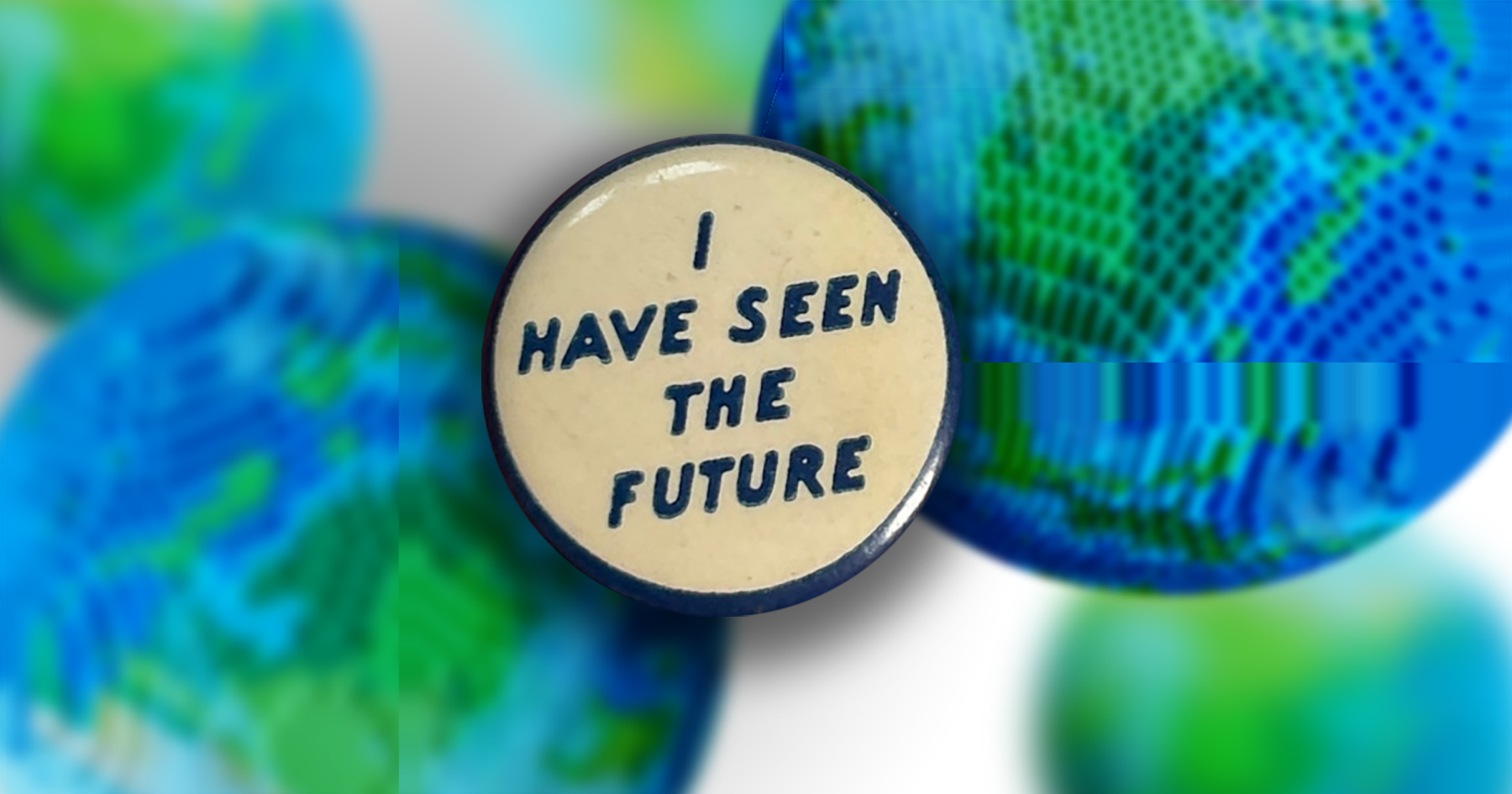The theory is accurate within at least one part in a quadrillion.
All Articles
No matter what physical system we consider, nature always obeys the same fundamental laws. Must it be this way, and if so, why?
Since our arrival, humans have driven a seven-fold drop in the mass of wild land mammals.
When you hold yourself financially accountable, you’re likely to gain more than just some extra money.
The new agency wants to push the boundaries of science and technology.
How drugs, demons, and the search for immortality gave us words we use everyday.
Successful forgers are remembered as great conmen, not artists. This is strange, considering their forgeries fooled even the most seasoned critics.
The James Webb Space Telescope viewed Neptune, our Solar System’s final planet, for the first time. Here’s what we saw, and what it means.
Gamification, minimalist design, using AI to track behavior — this article dives into these and other key ways to optimize an eLearning strategy.
Synthetic biology has the power to cure and kill. Have we learned from our past mistakes?
Just as human beings diversified so that people in Asia look different from people in Europe, so too did their microbiomes.
Instead of liberation, the sexual revolution has led some people, particularly men, to be addicted to porn.
If you don’t mourn in North Korea, you risk being executed.
From here on Earth, looking farther away in space means looking farther back in time. So what are distant Earth-watchers seeing right now?
UAP are no laughing matter anymore.
“We are what our bodies do with what we eat.”
Our inaugural special issue is focused on progress — the search for, the study of, and the project towards a better world.
Progress got derailed somewhere between indoor plumbing and the flying car. Why?
We asked 11 experts about the future of progress for humanity.
We asked our experts where they see the biggest blockers right now for more progress. Essentially, from their various areas of focus, what did they see as the largest impediments to driving progress forward around the world and how they would prioritize the necessary interventions? The answers were appropriately varied from the philosophical to the political to the technological.
About the project The goal of driving more progress across the world—scientifically, politically, economically, socially, etc—is one shared by many. And yet, debates about the best way to maximize progress […]
About the project The goal of driving more progress across the world—scientifically, politically, economically, socially, etc—is one shared by many. And yet, debates about the best way to maximize progress […]
About the project The goal of driving more progress across the world—scientifically, politically, economically, socially, etc—is one shared by many. And yet, debates about the best way to maximize progress […]
About the project The goal of driving more progress across the world—scientifically, politically, economically, socially, etc—is one shared by many. And yet, debates about the best way to maximize progress […]
About the project The goal of driving more progress across the world—scientifically, politically, economically, socially, etc—is one shared by many. And yet, debates about the best way to maximize progress […]
If our goal is to effect the greatest possible progress, what would it look like to approach this holistically? What might need to dispositionaly in how we approach solving our most important problems—at an individual level, a community level, or at a civilizational or global one? We asked our experts to think big picture about how what new thinking would be required to create a larger pro-progress framework.
One of the fundamental questions for those studying and advocating progress is around understanding what variables can move the needle for the type of progress that you might want to see in the world. It’s a key focus of the “progress studies” discipline and a question that has received increased attention from academics and public intellectuals in recent years.
As with any “big idea” progress means a lot of different things to different people and not everyone comes into the discussion with the same priors. Some experts are primarily focused on material progress while others emphasize the importance of moral progress. So to start the discussion, we asked each expert to define the term as they see it from their specific vantage point.
Books that were rarely taught in 1963, when baby boomers were students, became classics when those same boomers were teachers and parents.




















